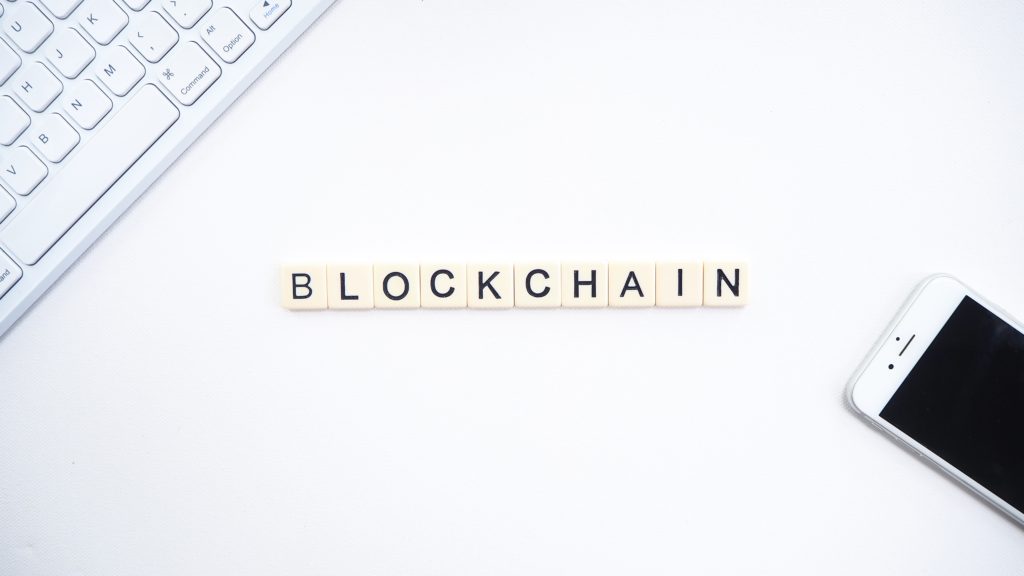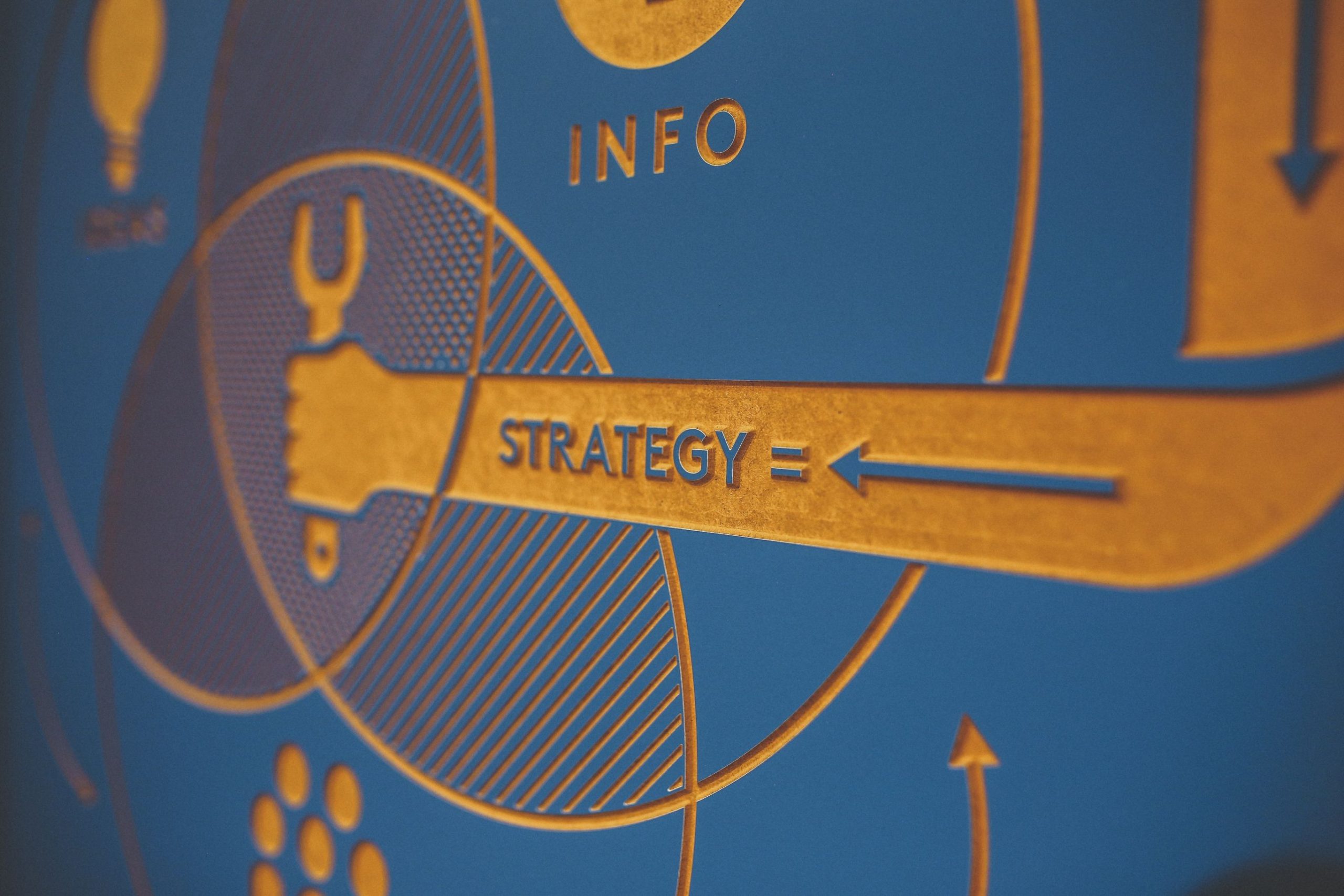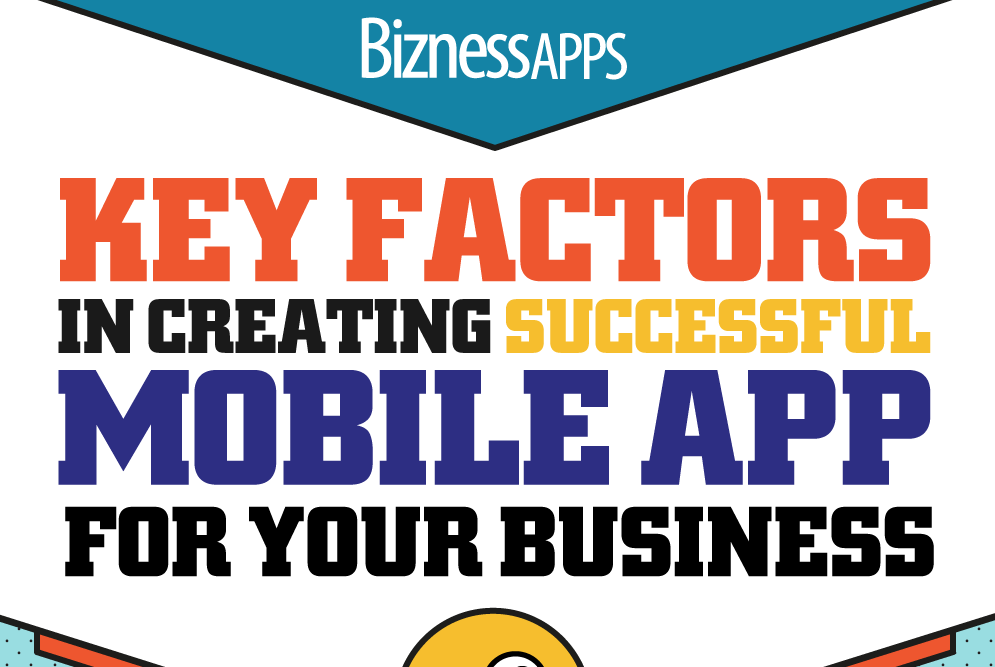The marketing sector is constantly evolving, and the top professionals working in the field know they must stay abreast of the changes and their potential effects. Blockchain technology is already making waves in marketing, and that shows no signs of changing.
The blockchain is a decentralized digital ledger system featuring time-stamped, immutable information. It initially gained prominence with cryptocurrencies, but before long, people started to see what other opportunities it offered.
Times are changing, since the blockchain and marketing were not always spoken about together. Here are six examples of what's different.
1. Blockchain-Based Social Media Networks Are Expanding Advertisers' Options
The ongoing issues regarding Facebook and its actions related to data privacy have caused some people to conclude social media platforms are no longer worth the risks. Although Facebook, Twitter and Instagram are still leaders, other brands have entered the field, too.
Some social networks have been built with blockchain technology. One of them is All.me. The platform's user base has reached 500,000, and the company has seven offices around the world.
All.me's users get up to 50% of advertising revenue, and people with advertiser accounts can customize the ads the platform's visitors see. People also are rewarded with a cryptocurrency called ME Token for providing quality content. There's even a marketplace where people can spend their tokens, and advertisers can sell things.
Blockchain-driven social media networks are not yet serious competitors to the more familiar online destinations. However, marketers must keep in mind that the social media landscape is shifting. Preparing for what's ahead now prevents getting left behind.
2. The Blockchain Reduces Wasteful Ad Spending

Brand advertisers deal with numerous intermediary partners. Moreover, they often encounter problems with waste related to ad reconciliation, which concerns whether contractual obligations are fulfilled.
IBM and Unilever recently partnered for a trial to see if the blockchain could cut down on unnecessary spending. Michelle Peluso, IBM's chief marketing officer, says that only 40 cents per dollar spent reaches an online publisher. The intermediaries generally cause the discrepancy, since each one of them gets paid along the way.
Unilever is one of the biggest ad spenders in the world, and it sought improvements to the waste. The company became the anchor in an IBM consortium that included brands like Pfizer and Kimberly-Clark.
Blockchain creates a trustworthy and verified network comprised of all the parties between an advertiser's dollar and the end publisher. Peluso estimated that Unilever saved an average of 2-3%, but the brand was still collecting data from its partners when she gave those details.
Thanks to the transparency provided by the blockchain, marketing companies can understand where their ad dollars go. Some companies are working on using it for better ad personalization, which could also reduce waste.
3. Blockchain Technology Can Assist Marketers with Identity Validation
Marketers frequently target specific groups, such as students, seniors and military personnel, and provide them with special offers. However, ensuring that people qualify for those perks isn't easy. Some people know how to work the system and avail of stuff without having the necessary eligibility.
This problem could skew marketing data by indicating that an inflated number of students claimed an offer when perhaps at least 10% of them got it without proving they were in school or showing valid credentials. One of blockchain's primary advantages is that it fosters trust by showing the complete history of a transaction or enabling identity verification.
An Estonian company called Veriff brings the power of blockchain to identity verification. The technology integrates with any app or website. It can also recognize more than 3,000 kinds of documents used around the world. After the firm gained momentum by using its technology to verify people using transportation options, it recently started targeting small- and medium-sized businesses.
4. The Blockchain Helps Confirm the Effectiveness of Promotional Campaigns

Marketing professionals must learn to accurately calculate whether a promotional campaign is paying off as intended. If the statistics show it isn't, they have to stay nimble and adjust their techniques to reach more of the target audience. However, complications can arise when there's not a standardized system used by all outlets participating in a campaign. The blockchain could help.
Marketers can get an idea of what's possible by considering a recent partnership that uses the blockchain to facilitate the redemption of promotional offers at convenience stores. Many of those shops are independently operated, and that aspect makes things like tracking difficult.
When using this new arrangement made possible by the blockchain, brand partners submit promotional offers to a shared database. Marketers can then get real-time information about when and where people redeem them. Customers only need to enter their phone numbers inside a participating store or at the gas pump to start receiving benefits.
4. The Blockchain Could Curb Ad Fraud
Statistics published by MarTech Advisor indicate that bots and fraudulent websites accounted for 13% of all money spent on digital ads in 2018. That adds up to approximately $15 billion. Unfortunately, getting to the bottom of where and why ad fraud happens isn't easy. Some marketers feel hopeful about the blockchain bringing improvements, however.
One option is for digital publishers to deal in cryptocurrencies and publicly state their wallet addresses. Since this approach would ensure all money goes to the right places, it would cut out the possibility of successful domain spoofing.
Even though the blockchain is not widely used as an ad fraud deterrent yet, that may not be the case for much longer. In addition to offering transparency, the blockchain does not allow changing information after it's confirmed on the ledger. That characteristic may mean marketers could feel more confident about any ad fraud data stored on the blockchain.
5. The Blockchain May Restore Consumer Trust in Marketers

Members of the public are quickly reaching a point where they no longer trust brands. The issue with that sentiment is that they become less likely to provide companies with information that could be used to connect with them. According to the 2019 Edelman Trust Barometer Special Report, only 34% of respondents said they trust most of the brands they buy or use.
That finding is worrisome, particularly considering the same study found 81% of respondents buy things based on trust. The blockchain can't fix consumer trust issues with brands overnight, but it could help the public feel more in control of the data marketers have for them.
A company called Data Wallet is among the blockchain companies trying to make that happen. It creates something described as a "self-sovereign wallet," whereby a user is the sole owner of their info. People using the platform control which information marketers see and how they use it.
6. The Blockchain Could Improve Contractual Negotiations in Marketing
Various contracts define what actions happen in the marketing sector. A company might create a contract to specify how an influencer should promote its product, or a freelancer might sign a legal commitment with a marketing company that spells out the content frequency, length, type and more.
The blockchain could streamline those agreements through smart contracts. They're digital versions of contracts between parties that exist on the blockchain. They allow for entering into arrangements without the help of intermediaries because they define the terms, plus ensure the enforcement of those specifics.
Smart contracts prevent unnecessary delays associated with getting a contract signed. Also, since they are irreversible and traceable, they limit conflicts that could later arise from disagreements or misunderstandings.
How Can Marketers Take Advantage of Blockchain Technology?

These six areas where blockchain is uprooting past marketing practices are undoubtedly compelling, and they're not the extent of what's possible. With those things in mind, marketers may feel they're ready to see how they could harness the beneficial combination of blockchain and marketing. Here are some ways to do that:
1. Consider the Specific Things Blockchain Could Do for the Company or Marketing Team
As the content above illustrates, blockchain is a game-changer for marketing — even in these early stages. However, it's not a magic fix for every issue. Marketing professionals should remain mindful of the opportunities presented above.
Next, they should think about which ones are most applicable to their businesses and the challenges they currently face. Even if their most significant struggles don't relate to the list here, they should remain aware that blockchain could still prove worth investigating.
2. Be Aware of Interoperability Requirements
It's also crucial for marketers to examine how or if blockchain would integrate with their existing systems. According to the PwC Global Blockchain Survey, more than one-quarter of respondents (28%) think system interoperability is the key to success. It will likely take time for a marketing company to figure out whether interoperability will pose challenges. If it will, the ideal approach is to integrate the blockchain slowly and strategically to avoid surprises.
3. Select Blockchain Partners with the Experience to Help Marketers Meet Their Needs
The same PwC survey found 45% of participants citing a lack of trust as a potential barrier to adoption. If marketers or the decision-makers at their companies feel they don't trust blockchain enough, one of the ways forward may be to work with a company that's well-established in the blockchain sector and has services available that cater to marketers.
Those enterprises often have case studies and white papers that can give organizations the information they need to know before making well-informed choices. Furthermore, blockchain companies can set feasible expectations for how their solutions could address pain points.
4. Keep an Eye on Relevant Metrics
There is no single way to combine blockchain and marketing that works for every company. However, once a firm considers the possibilities for using blockchain and chooses to pursue at least one of them, they should use metrics to track the effectiveness of the change. The benefits will not become apparent overnight. Marketers must have patience while also recognizing if it's time to tweak things for better results.
Blockchain and Marketing: Huge Potential Exists
Despite the evidence here, some marketers may still feel hesitant about using the blockchain. Others may be fully on board with the idea, but lack the budget or buy-in from superiors to make it happen.
Even then, it's still valuable for them to keep following the developments of marketing and the blockchain and accept that it may eventually change many of the ways they do business.
All images via Unsplash
Related Posts
Kayla Matthews is a MarTech journalist and writer, whose work has been featured on Marketing Dive, Contently, Outbrain and Convince and Convert. To read more posts from Kayla, please visit her personal tech blog, Productivity Bytes.







